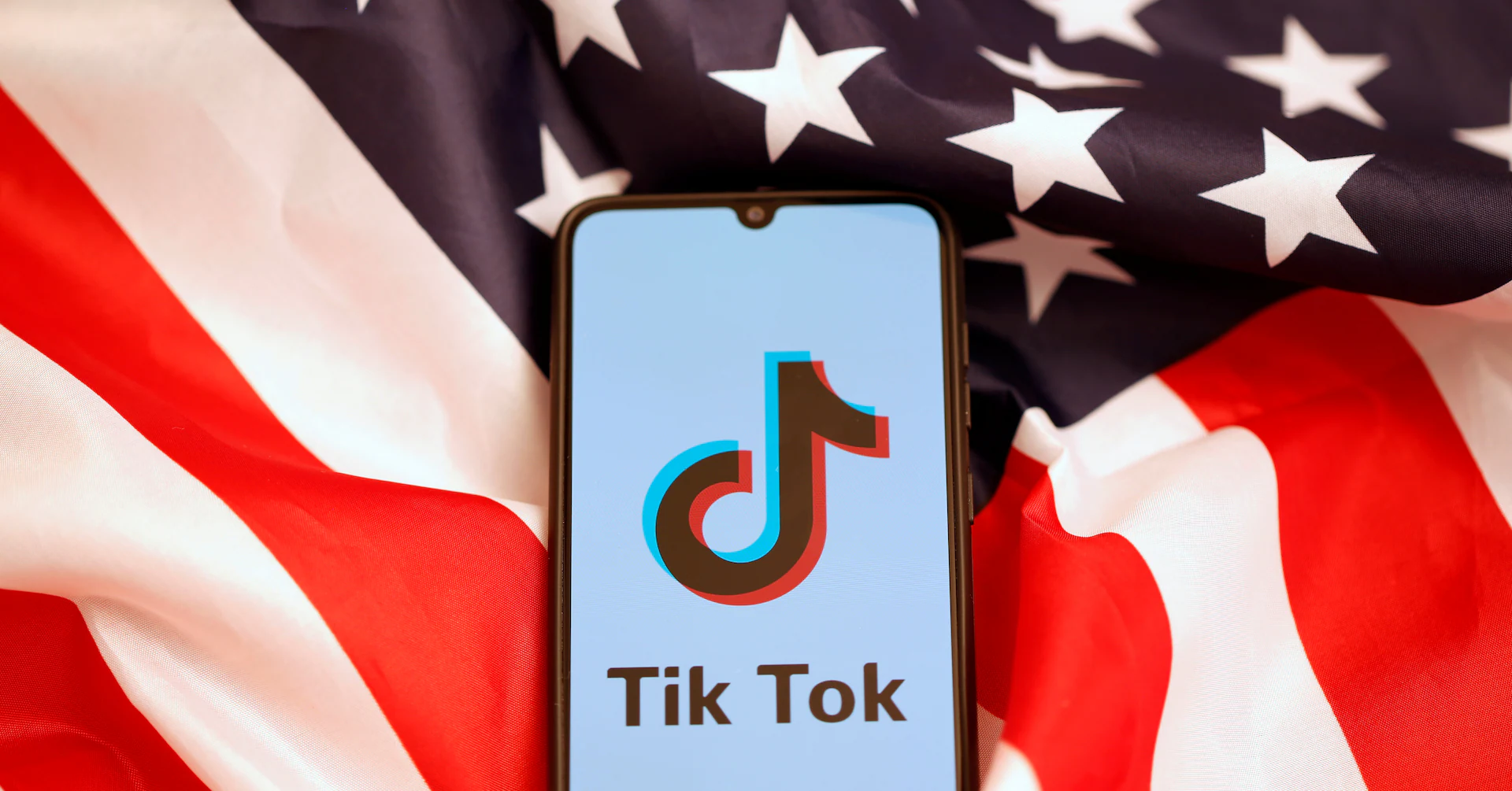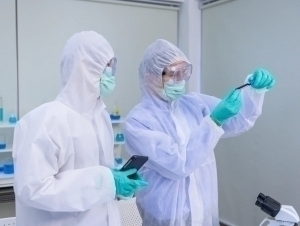
WASHINGTON, Sept 19 (Reuters) – President Donald Trump and Chinese President Xi Jinping will seek an agreement on Friday to help keep the video app TikTok online in the U.S. and ease tensions between two superpowers locked in a standoff over trade.
Sign up here.
China has not confirmed plans for the call.
Trump and Xi’s effort to steady relations comes as the two governments have been discussing a potential in-person summit between Xi and Trump during the Asia-Pacific Economic Cooperation (APEC) summit in South Korea on October 30-November 1, Reuters has reported.
Beijing’s sign-off is one of the hurdles Trump needed to clear to keep TikTok open. Congress had ordered the app shut down for U.S. users by January 2025 if its U.S. assets weren’t sold by Chinese owner ByteDance.
Trump has declined to enforce the law while his administration looks for a new owner, but also because he worries a ban on the app would anger TikTok’s huge user base and disrupt political communications.
“I like TikTok; it helped get me elected,” Trump said during a press conference on Thursday. “TikTok has tremendous value. The United States has that value in its hand because we’re the ones that have to approve it.”
The deal would transfer TikTok’s U.S. assets to U.S. owners from ByteDance, Reuters has reported. Sources familiar with the deal said U.S. TikTok would still make use of ByteDance’s algorithm.
ICY RELATIONS
Trump has positioned his foreign policy approach as one of peace-seeking and deal-making. Relations remain icy between the world’s two biggest economies.
“We’re pretty close to a deal,” Trump said on Thursday, in an apparent reference to larger trade talks. “We may do an extension with China, but it’s an extension based on the same terms that we have right now, which are pretty good terms.”
The U.S. is also demanding that China crack down on the export of fentanyl-related chemicals, a major cause of U.S. overdose deaths. Beijing has accused Washington of distorting the issue.
Recent data point to slowing economies in both China and the United States.
A succession of limited agreements since May paused the tit-for-tat tariff war between the countries.
They also set aside issues that led to China choking off rare-earth magnets that Washington needs to make high-tech gadgets. Trump had blocked Beijing’s access to semiconductor design software, jet engines and some chemicals.
“China’s effective use of sticks (rare earths) and carrots (TikTok) has turned things heavily in their favor,” said Scott Kennedy, head of the Chinese Business and Economics program at the Center for Strategic and International Studies, a think tank.
Tariffs, a tax on U.S. importers, have been a key plank of Trump’s economic policy. He’s raised them to the highest levels in nearly a century.
The Republican has portrayed tariffs as an elixir that can recoup lost manufacturing jobs, cut chronic federal government deficits, correct perceived trade imbalances and bend foreign countries to Washington’s will.
Despite the tariffs, China remains the U.S.’ third-largest trading partner and the source of its largest bilateral trade deficit in goods.
“Heads-of-state diplomacy plays an irreplaceable role in providing strategic guidance for China-U.S. relations,” said Liu Pengyu, spokesperson for the Chinese embassy in Washington.
Reporting by Trevor Hunnicutt; Additional reporting by David Brunnstrom; Editing by Alistair Bell



